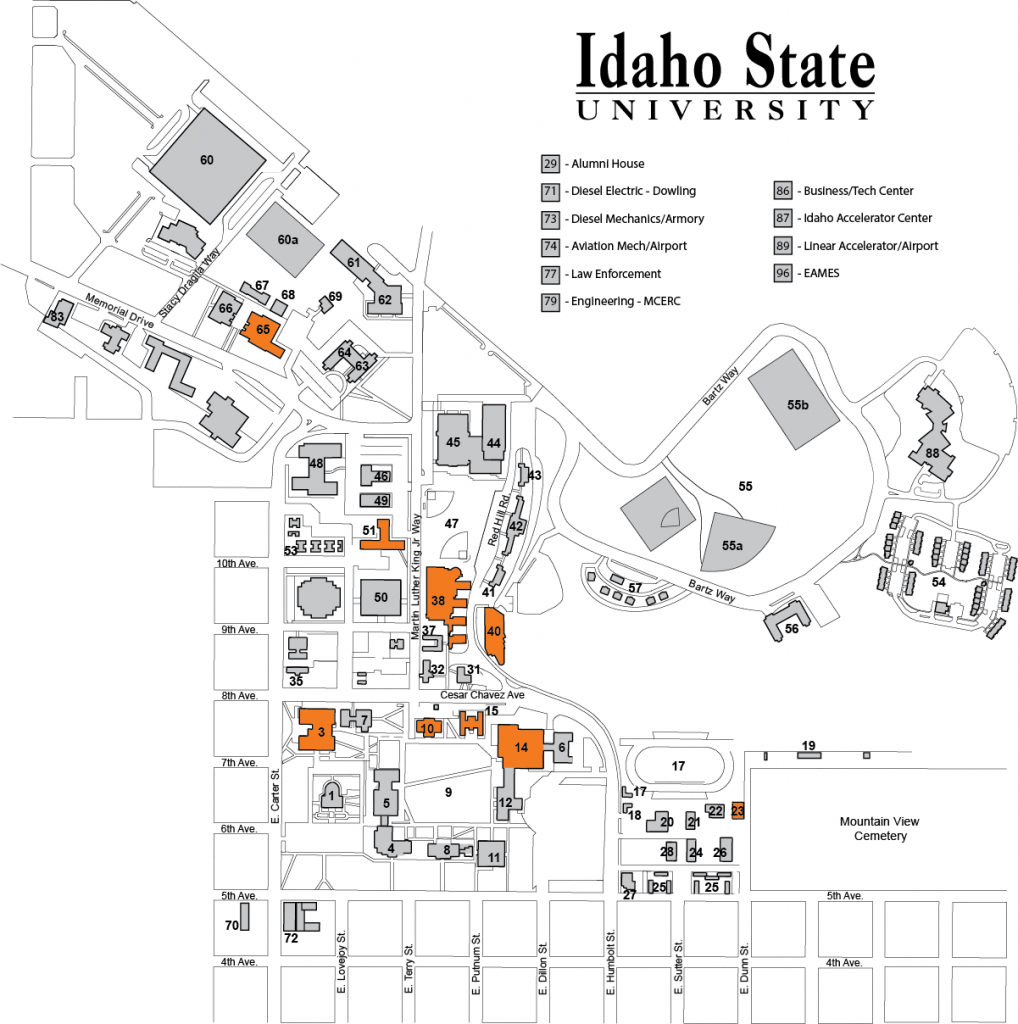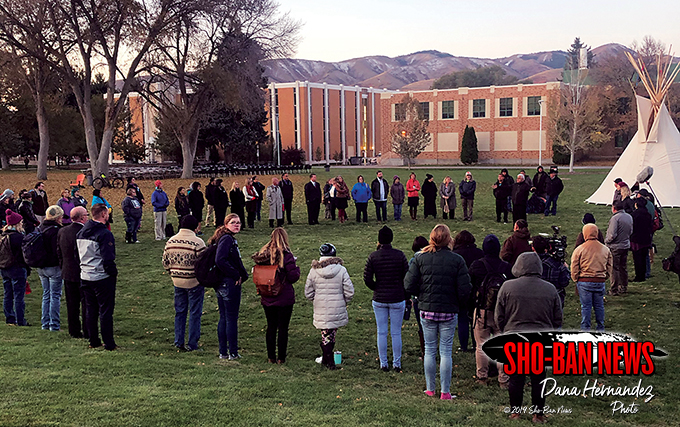According to a Georgetown University study, Idaho will see an 61% increase in jobs requiring some level of higher education, by 2018. Last night, during the Idaho gubernatorial debates, all three candidates, Gov. C. L. “Butch” Otter, Keith Allred and Jana Kemp, failed to explain how they would help Idahoans with college.
The candidates seemed to miss the fact that the number one issue with potential college students is cost.
As a non-traditional college graduate (I went to college late in life because it seemed like the only way to progress in the workplace was to get a degree) I can tell you the piddly grants are not enough, you must get student loans. I also worked part time because the loans did not cover my family’s living expenses. But who wants to get a loan that will be with you until you die? I was never told how student loans are exempt from bankruptcy, or about the cases where graduates lost their apartments, and their jobs, because they couldn’t make the full student loan payment. Why couldn’t they make their payments? Because the jobs they got with their degrees didn’t pay them enough. I also learned that it’s only the Federal loans that can be deferred. I have two private loans and they could care less that I can not make their full monthly payments. One of them actually sent me fake court documents with a letter that said if I didn’t start paying in full, that the next court documents would be real.
My oldest daughter is currently working full time in Boise, and she attends Boise State University thanks to student loans (even working full time she can’t afford the college expense). My other two adult kids have decided that if the cost of going to college means getting into lifelong debt, then it’s not worth it. They are right! Crap, I could have bought a house with the money I owe for college, and it would have been a better investment!
So what did Otter, Allred and Kemp have to say about the issue of higher education? Basically they all agreed that it was an issue of concern, because Idaho was going to need more college graduates for its workforce. Otter and Allred said students should look into going to a community college, if they are worried about cost.
Eastern Idaho Technical College says its part time credit fee is $82.00, full time fee of $884.00. Idaho State University (my Alma mater) says its current part time fee is $273.00 per credit (much more than what I paid), full time $2,708.00. That’s a big difference between an eastern Idaho vo-tech and an eastern Idaho university. Don’t forget those are just the credit fees. There are other fees and book costs, all of which have been going up. Also, the per credit cost of the vo-tech seems low, but, that is only $60.00 less than what I paid when I started attending ISU.
When it comes to money, potential college students are not dumb. Why get into debt when the job you get with your degree most likely will not pay you enough to meet living expenses and your student loan payments? Vo-tech seems the most practical choice, and they usually help you find a job with your degree. But if your sights are set on a higher degree forget it.
Jana Kemp talked about, basically, an add campaign to raise awareness of the importance of higher education. That is already happening, but it doesn’t address the concerns of students, and their families, about affording college.
Keith Allred mentioned a program where high school students can get college credits by enrolling in courses run by colleges. That’s true, but, you still have to pay a per credit hour fee, and for some families it’s still unaffordable.
Butch Otter mentioned the expansion of financial aid, but the majority of so called financial aid still comes in the form of loans.
So, once again, the problem is cost. Is it affordable, and can the student avoid a huge debt burden?
Essentially, not one of the candidates said anything about bringing down the actual cost of higher education, or making it easier for students to pay for college without incurring a heavy debt burden, or making sure the jobs that want college graduates will pay enough to cover all expenses. Even though all three candidates are college and university graduates, it appears they are out of touch with the current reality of getting a higher education.





